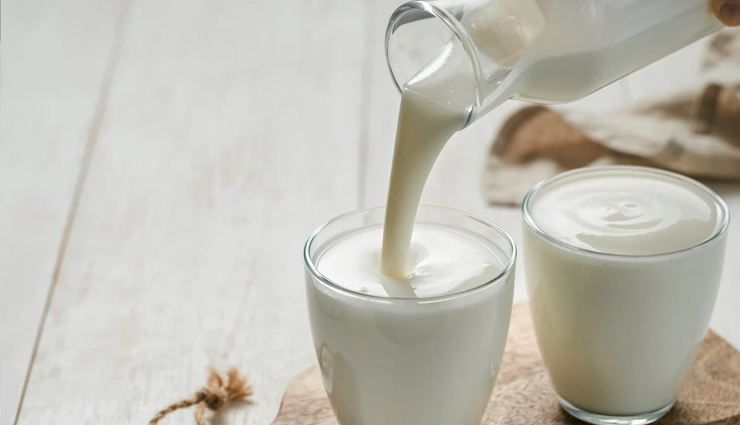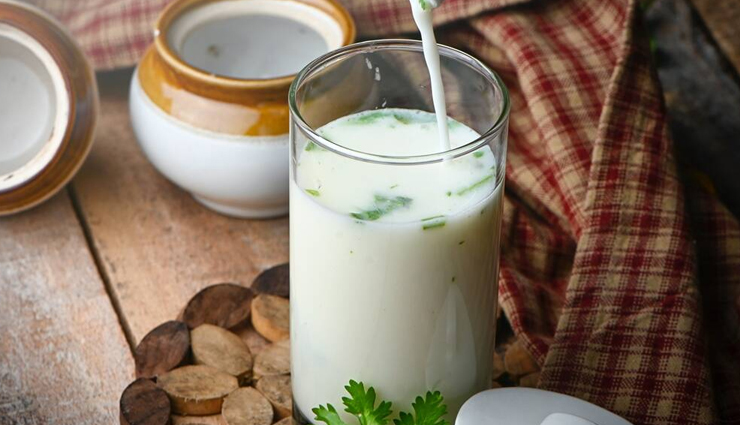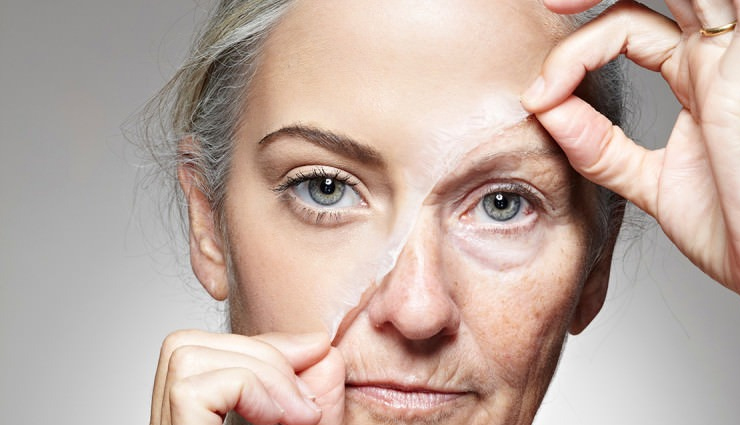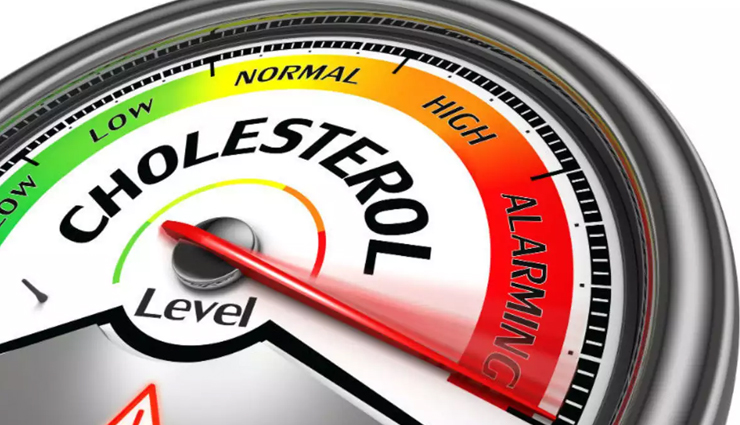- Home›
- Healthy Living›
- 6 Amazing Health Benefits Of Drinking Buttermilk
6 Amazing Health Benefits Of Drinking Buttermilk
By: Kratika Maheshwari Tue, 03 Jan 2023 4:50:57

There’s nothing better than a tall glass of buttermilk on a hot summer day! In countries like India, buttermilk has traditionally been a staple drink. Buttermilk also features in marinades and soda bread in many American households. And of course, your favorite pancakes just wouldn’t be the same without a splash of buttermilk. But the humble buttermilk isn’t just a thirst-quencher or a savory ingredient. It has long been valued for its medicinal properties in the ancient science of ayurveda. It can do wonders for your health and wellness, and even help your body put up a fight if you’re unwell!
So what exactly is buttermilk? Traditional buttermilk is the liquid left over after butter was churned, had either fresh or fermented. The readymade version of this you see in stores today is often cultured buttermilk, which is essentially milk that has been fermented with beneficial bacteria.

# Gives You A Nutritional Boost
Buttermilk can give you important nutrients like iron, potassium, phosphorus, sodium, and zinc as well as vitamins A, D, E, and B. But where it really scores is as a rich source of calcium and protein. One cup (245 g) of this nutritious drink gives you 282 mg of calcium. This in turn can add to your calcium reserve, which your body needs to keep your teeth and bones strong.
Calcium is also used for the process of expanding and contracting blood vessels and muscles, to release enzymes and hormones, and transmit signals through your nervous system. A good helping of this mild drink can up your calcium quotient and help prevent problems like osteoporosis.

# Is A Nourishing Way To Stay Hydrated
Are you in the habit of reaching for sugary sodas when you feel thirsty? Try buttermilk instead. While a cup of buttermilk does give you 152 kcal, it’s a nutritionally dense drink, unlike sodas or other sugary drinks. And if you want to ease up on the calories, go for a low-fat version which brings the calorie count down to 98 kcal. Substituting unhealthy, nutritionally poor drinks with low-fat buttermilk may even help you manage your weight.

# May Be Suitable For The Lactose Intolerant
Here’s another piece of good news. If you’re excited about the nutritional benefits that milk or milk products can offer but are lactose intolerant, buttermilk might just be the thing for you. According to research, fermentation reduces the lactose content of milk products, converting it into lactic acid.
One study found that lactose intolerant people who exhibited signs of diarrhea and abdominal distress upon consuming 500 ml of milk were able to consume the same amount of fermented milk products without problems. But go easy at first and see if you are showing any signs of lactose intolerance when you have buttermilk. Work up to larger quantities slowly.

# Eases Wrinkles
Did you know that buttermilk is also good for your skin? In fact, legend has it that Cleopatra bathed in it to keep her skin smooth and healthy. If so, she certainly has science backing her up! Buttermilk contains lactic acid. This alpha-hydroxy acid can smoothen skin and eases wrinkles and fine lines.
How to use: Simply apply buttermilk on your face and neck, leave it on for a while and rinse off. If you’re not looking for a full body treatment, draw a warm bath, add 2 to 4 cups of buttermilk to it, and settle in for about 20 minutes for a relaxing soak. Then scrub your skin with a washcloth using circular motions and rinse off for smooth skin.

# Rejuvenates Sun-Damaged Skin
We all know that the sun’s rays can damage your skin. The most immediate and visible signs of this could be a tan or sunspots. Lactic acid causes the outer layer of skin, known as the epidermis, to shed and thus induces remodeling of skin. Studies have found skin treated with lactic acid to have lower deposits of melanin, the pigment that gives skin color. It was also found that collagen I and procollagen were increased after treatment with lactic acid. If you have sun-damaged skin, leverage the power of lactic acid by using buttermilk.
How to use: Apply buttermilk to the suntanned skin or dab it on sunspots to lighten your skin.

# Controls Cholesterol
High cholesterol levels can increase your risk of heart disease and stroke. Buttermilk can be your secret weapon here! One study found that the daily consumption of 45 gm of buttermilk for 4 weeks was associated with lower fasting serum total cholesterol levels, LDL or “bad” cholesterol, and triacylglyceride (TAG) levels in the blood. Buttermilk is thought to work primarily by inhibiting the absorption of cholesterol by your intestines. So, add buttermilk to your diet to decrease levels of artery-clogging cholesterol.





